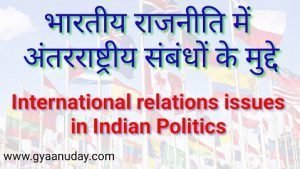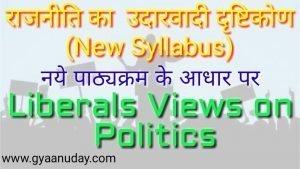What is Political Science
Political science is a vibrant and dynamic discipline that seeks to explore, analyze, and understand various aspects of politics, governance, and power relations. Rooted in the social sciences, political science encompasses a wide range of topics such as
1) Political institutions,
2) Public policy,
3) International relations,
4) Comparative politics, and
5) Political theory.
By studying political science, individuals gain insights into how governments function, how decisions are made within societies, and how power dynamics shape local and global affairs.
In the present time, political science has become increasingly relevant due to the complex challenges faced by nations worldwide. From climate change and economic inequality to social justice movements and global conflicts, understanding the intricacies of politics has become crucial for informed decision-making.
Political scientists play a vital role in analyzing these multifaceted issues objectively by employing rigorous research methodologies. Moreover, as democracy evolves and new forms of governance emerge globally, the study of political science provides individuals with essential tools to critically assess policies proposed by governments or evaluate electoral systems’ fairness.
The Importance Of Political Science In The Present Era
Political science plays a crucial role in understanding and analyzing the complex dynamics of governance, power, and decision-making processes in the present era. In an increasingly interconnected world, where political issues transcend national boundaries, political science serves as a vital tool for comprehending global affairs. Firstly, political science provides valuable insights into the functioning of governments and political systems. It helps us understand how policies are formulated, implemented, and their impact on societies.
This knowledge is essential for individuals aspiring to be active participants or leaders in politics or public service. Moreover, political science equips citizens with critical thinking skills necessary to evaluate information objectively.
In an age of misinformation and fake news, being able to discern facts from propaganda is indispensable. Political science education fosters analytical thinking by teaching students to question assumptions and examine evidence. Additionally, studying political science helps individuals become informed voters who can make sound decisions during elections. It enables citizens to understand different ideologies, parties’ platforms, and candidates’ positions on various issues.
Thanks, please share the post with your friends.




Pingback: What is international Politics & its Impact on Countries